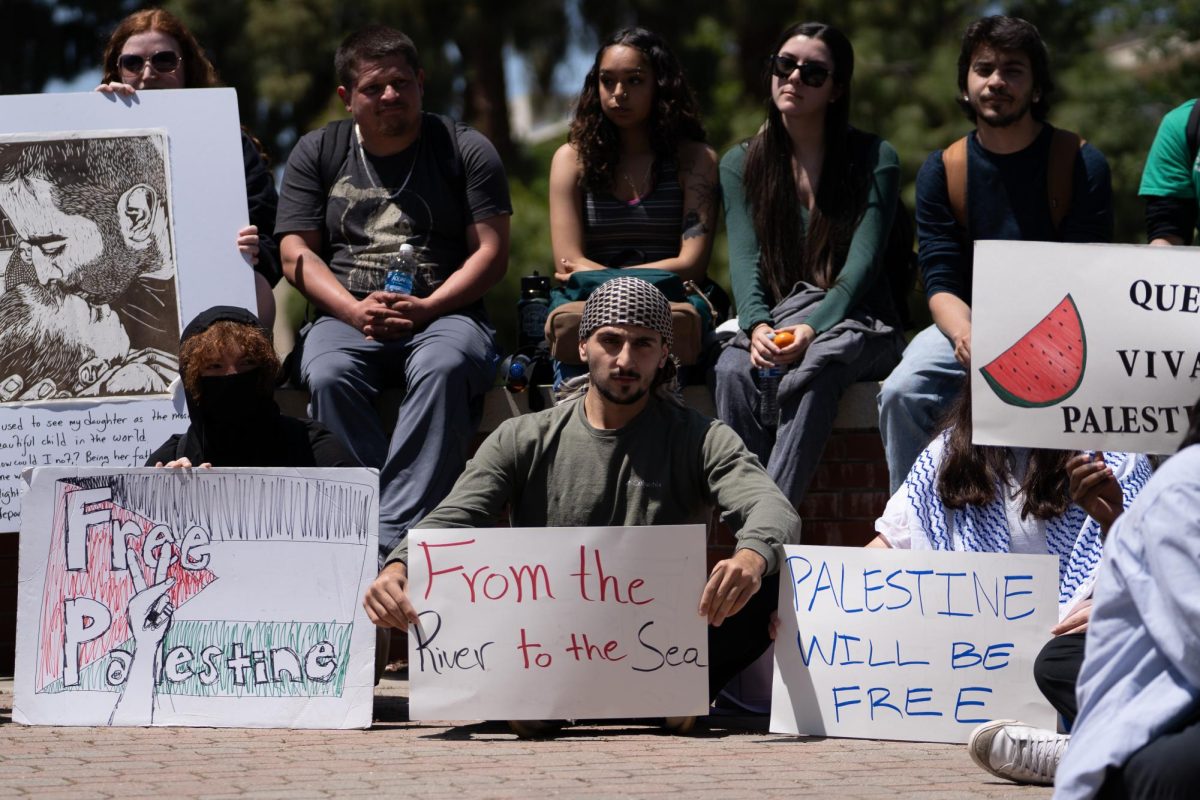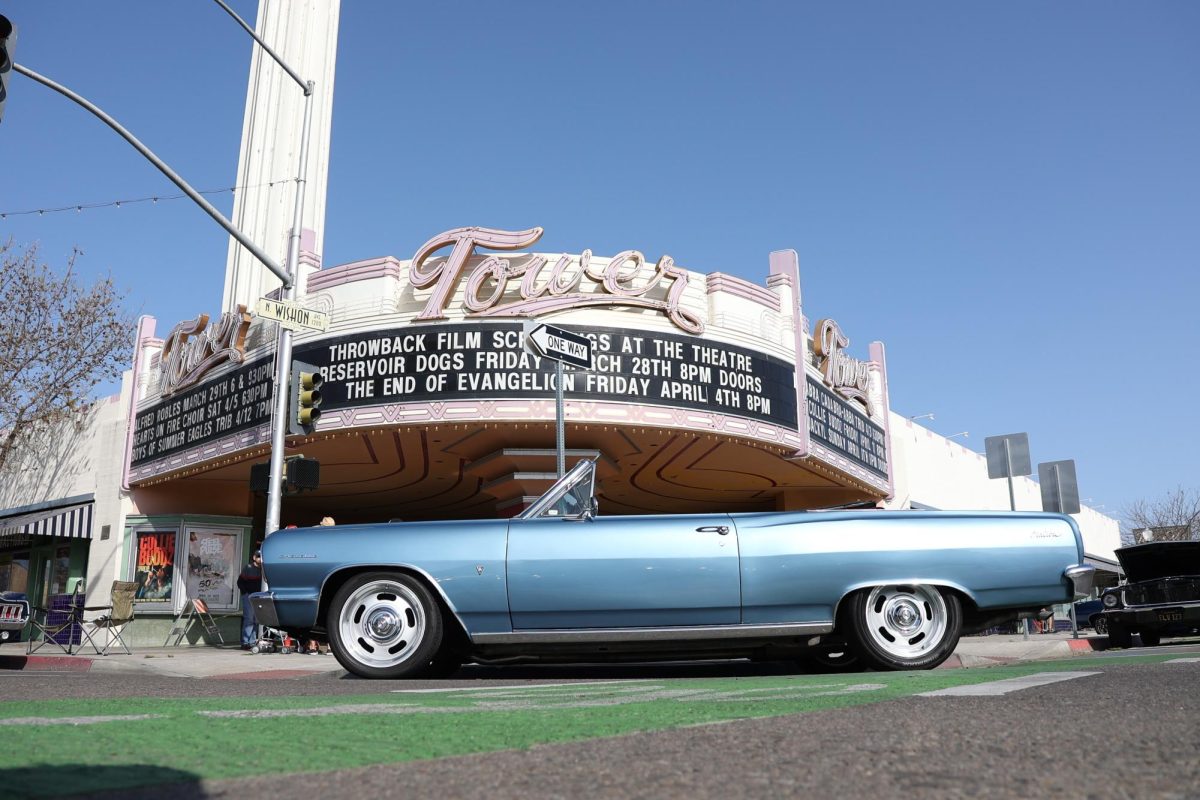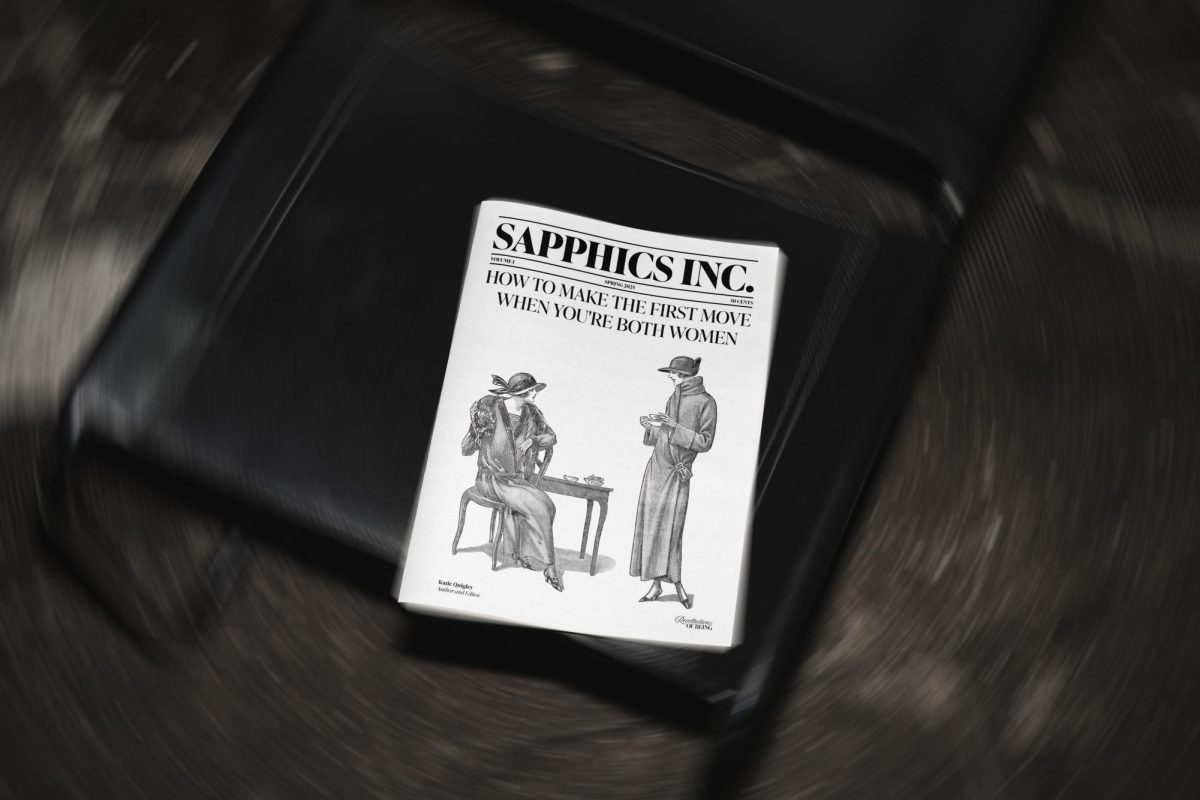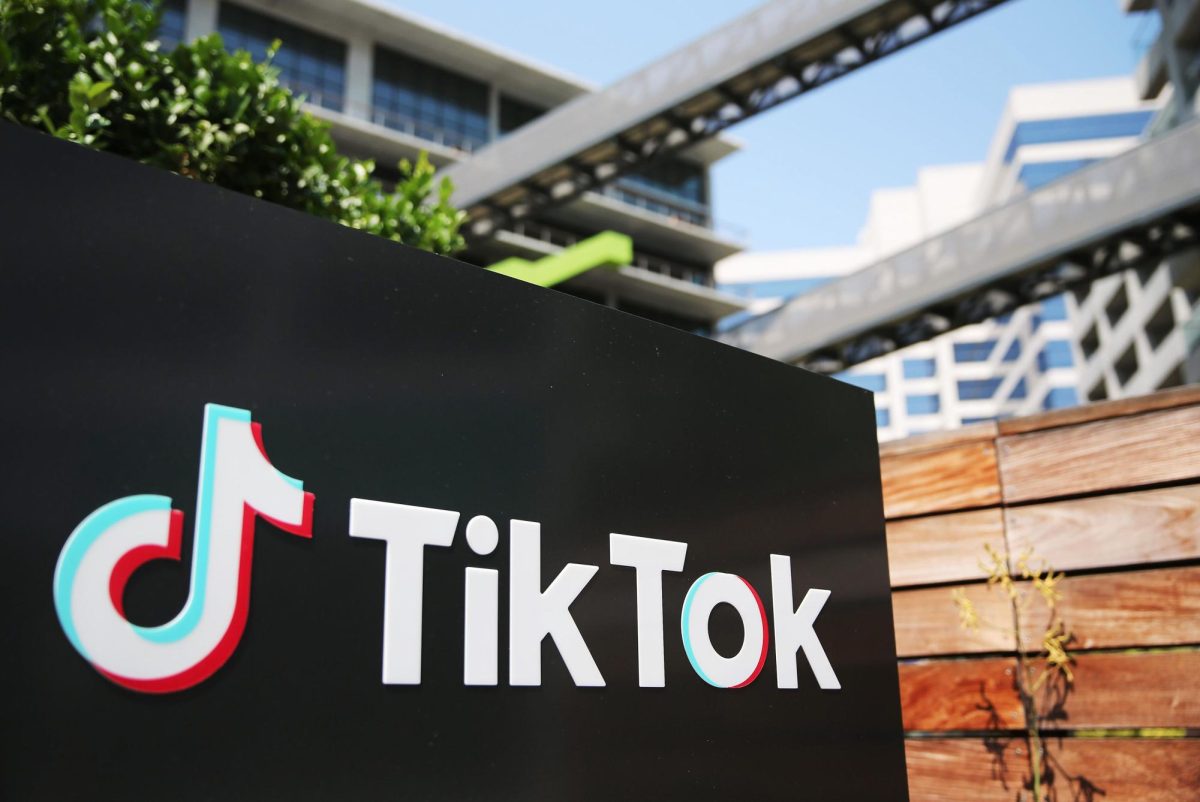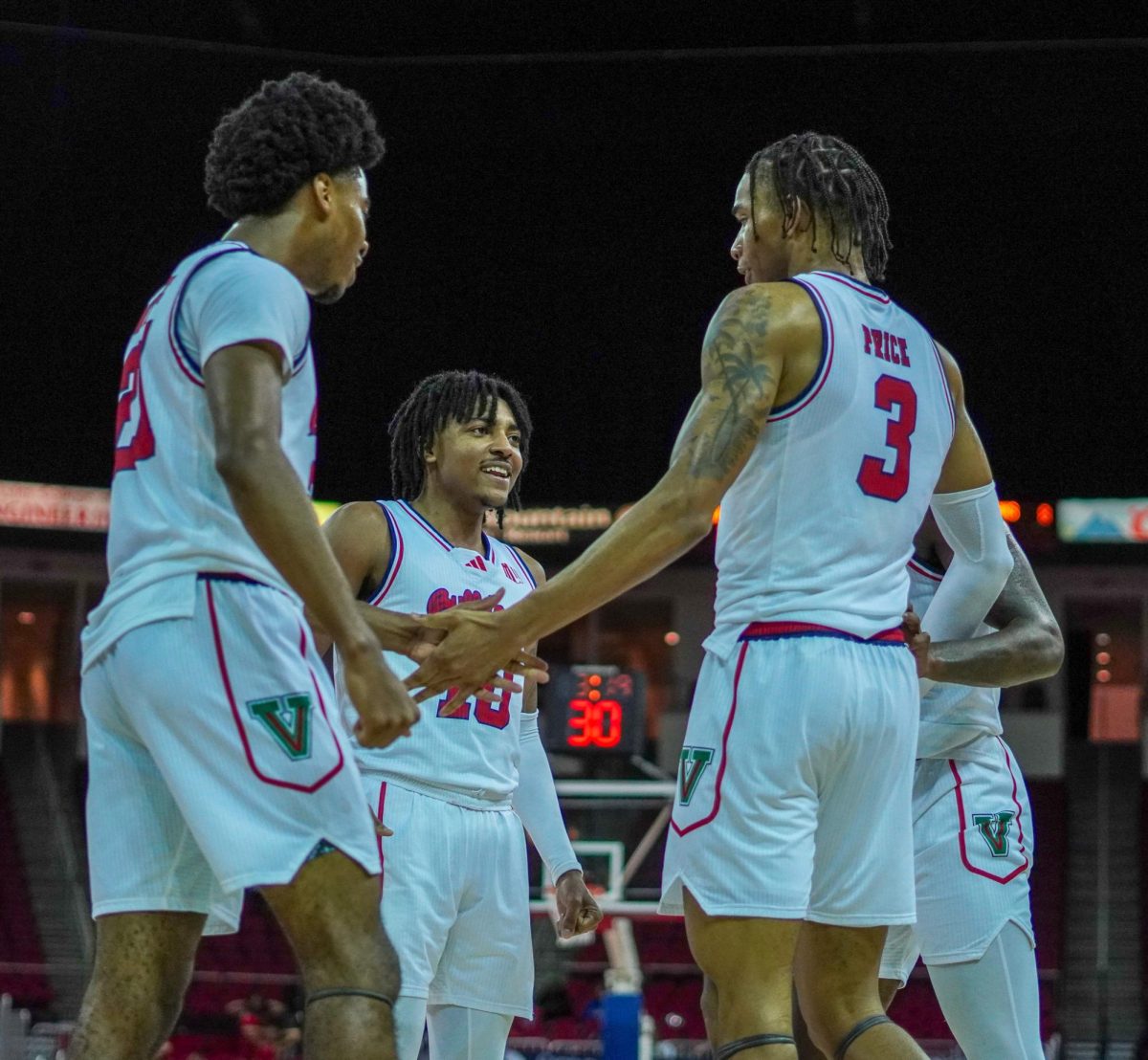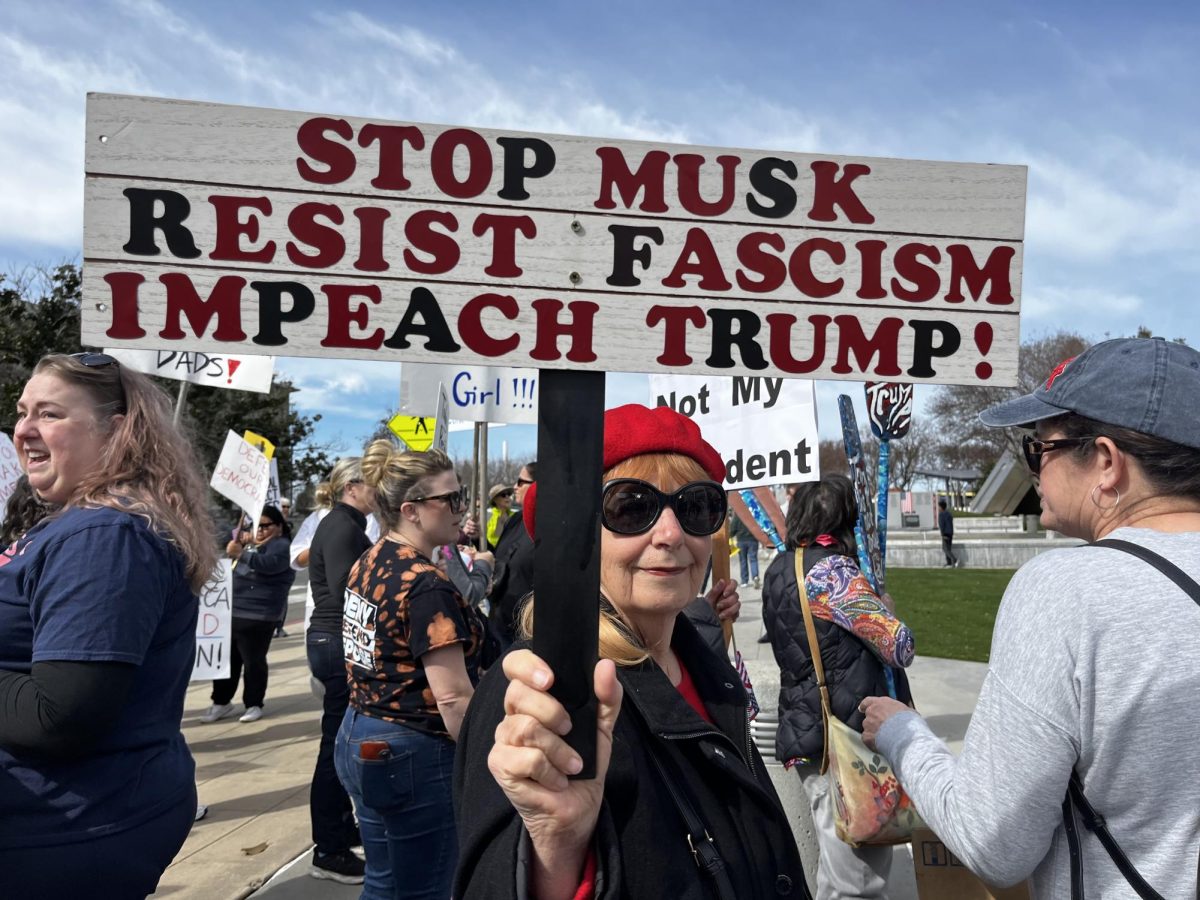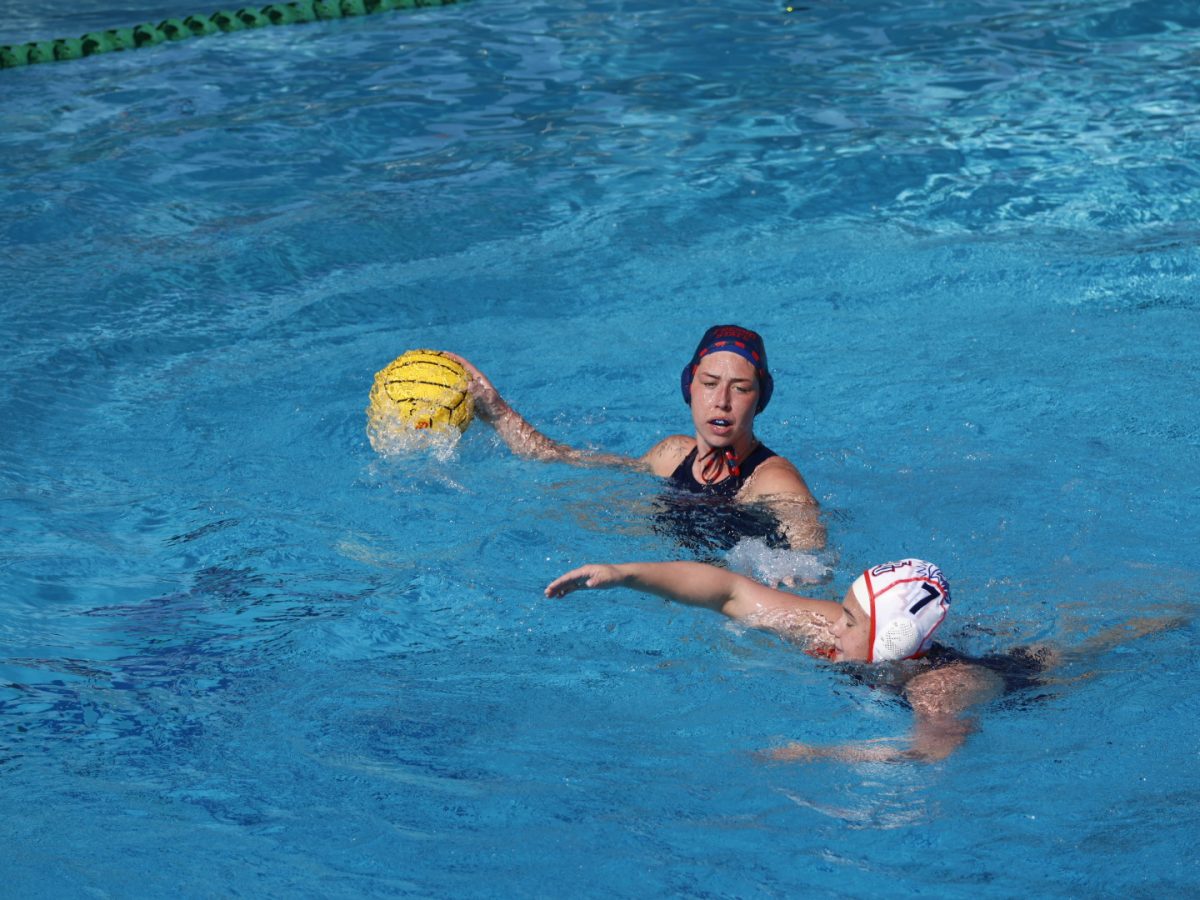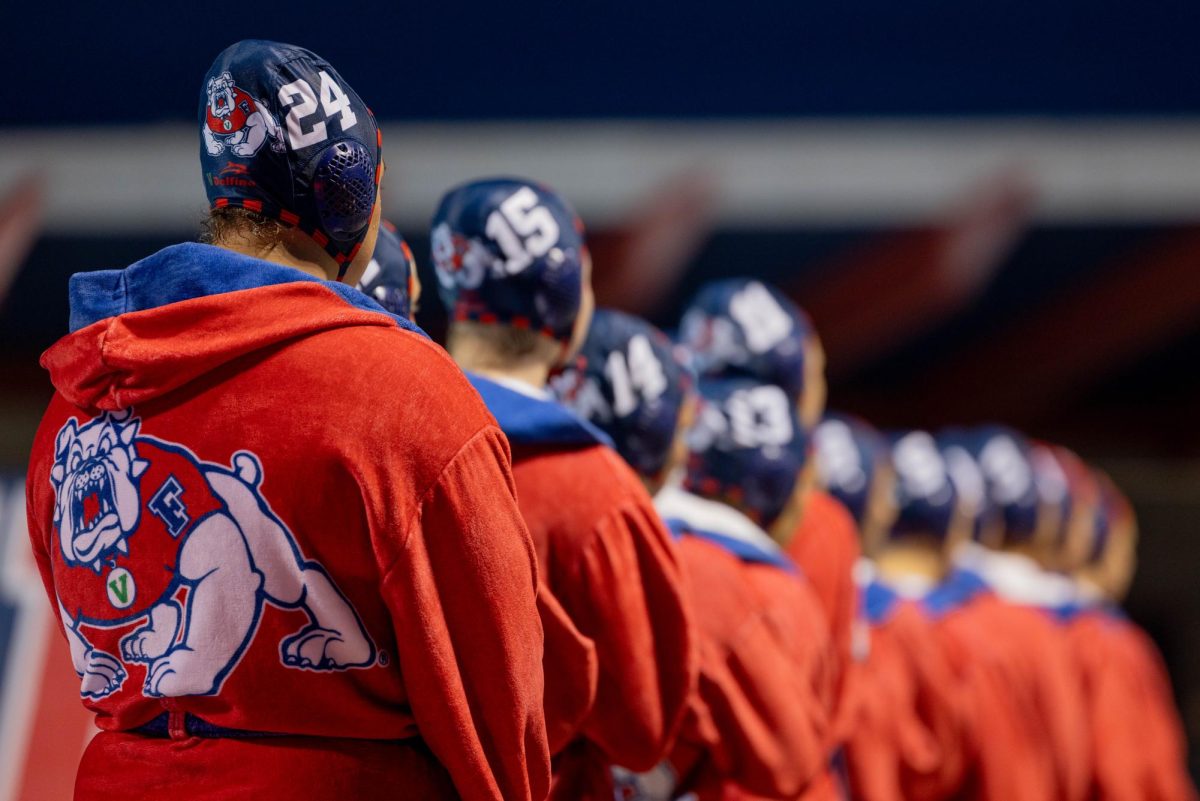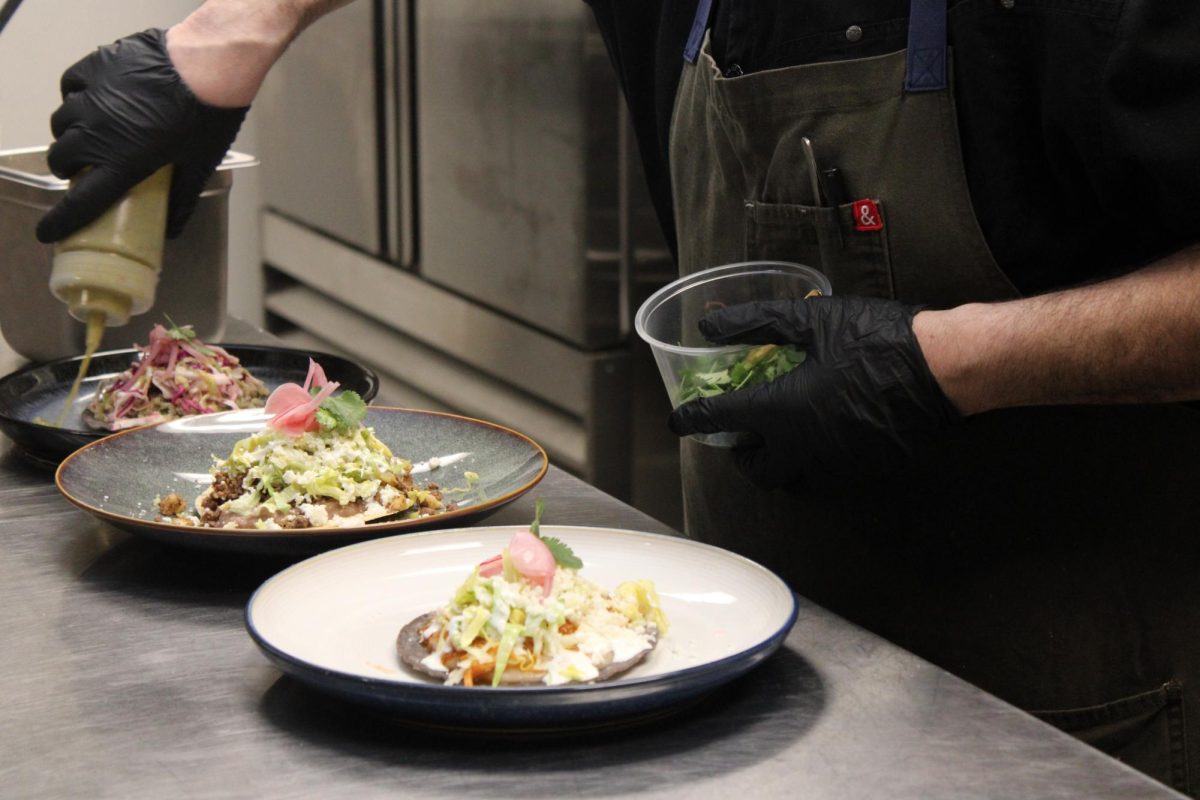“Freedom of expression, however, is not an absolute right.”
This phrase can be found on the California State University (CSU) website following the CSU chancellor’s office’s decision to impose a new interim time, place and manner (TPM) policy across its 23 campuses.
TPM refers to the guidelines that are in place to protect the rights of students and faculty to express themselves on campus through activities such as marching or other demonstrations.
In the past, all CSU campuses were required to have some version of a TPM policy in place. However, this is the first time that the chancellor’s office has set forth a systemwide policy.
While still tailored to each school’s geography, the new policy categorizes each area on campus as public, limited or non-public spaces.
Some areas have certain times that assembly is allowed while limited areas require scheduling, possible fees and liability insurance.
Assembly, marches, demonstrations, protests and debate are only guaranteed at public areas on campus. They are not allowed at limited areas but could possibly be utilized for such upon the university’s permission.
As of right now, public areas at Fresno State include the Gibson Farm Market, the Speaker’s Platform near the library and any landscape or hardscape area.
The new guidelines supersede the current policies the school has in place, but they still do not interfere with Fresno State being a free speech campus, assured Debbie Adishian-Astone, vice president for administration and chief financial officer, who helped draft the new campus TPM addendum.
“The interim TPM policy does not conflict with Fresno State’s free speech practices,” Astone said in a written statement to The Collegian. “The policy ensures that those who participate in lawful expressive activities are protected while ensuring for our campus community that there is no disruption to instruction or campus operations.”
Students were also baffled by the new policy.
“It’s pretty discouraging,” said Rahaf Qutob, vice president of the Students for Palestinian Liberation (SPL) club. “It’s frustrating…it’s like they’re picking and choosing what we can and can’t talk about.”
Other faculty members were confused by the decision to issue such an expansive policy.
“I was just [at Sacramento State] and on one lawn there were fifteen tents pitched up protesting,” said MCJ department chair Faith Sidlow. “We don’t see that at Fresno State.”
The policy was implemented on Aug. 15, but according to Fresno State’s Academic Senate (ASCSU Fresno), this new policy was given to universities without warning or proper consultation.
“Overall we are concerned that faculty systemwide were not adequately consulted on this TPM policy,” said ASCSU Fresno chair Raymond Hall. “Faculty who have expertise in this area on our campus (and helped write our TPM policy) feel the imposed policy is flawed in a number of ways.”
Other ASCSU Fresno senators also voiced concerns for the new policy infringing upon the expression rights of students.
“This new interim (or temporary) policy is fairly restrictive,” said Fresno State professor and former ASCSU Fresno Chair Thomas Holyoke. “And possibly a serious violation of academic freedom and the Constitutional right to free speech and freedom of assembly.”
Holyoke serves as an ASCSU Fresno senator and also helped revitalize the school’s TPM policy in 2019, upon the CSU’s request.
That version, Holyoke says, was a better fit for Fresno State because it allowed for more freedom.
“In the end, I think we had a pretty good TPM policy,” Holyoke said.
The CSU chancellor’s office, however, has maintained that they did in fact collaborate with all of its campuses to work out this new policy.
“The CSU solicited feedback from all 23 universities,” said Hazel Kelly, the public affairs manager for the chancellor’s office. “As well as the Cal State Student Association (CSSA), and the Academic Senate of the California State University (ASCSU), and we continue to welcome feedback from all campus community members.”
Although the chancellor’s office affirms that the new policy is in response to new California legislation. The legislation in question only mentions the need to alert students of a TPM policy, not make it more restrictive.
It’s possible the Chancellor’s Office took note of the recent Gaza-Palestine conflict demonstrations that spread through various CSU and University California (UC) campuses and sought to avoid these events from occurring again.
However, not everyone felt that the policy would be a problem for Fresno State.
“We had a peaceful, student-led protest for peace in Gaza last spring,” said California Faculty Association (CFA) Fresno chapter president Andrew Jones. “President Jiménez-Sandoval indicated he supported the protest, as long as it was led by students. Given the rapport that the President has with Fresno State students, I do not see the new TPM policy altering that relationship.”
In response to the policy, CFA president Charles Toombs issued a message via the CFA Instagram on Sept. 24.
“The interim TPM policy is yet another systemic example of how the CSU administration devalues and disrespects the current generation of majority students of color,” Toombs said in the statement. “They are to be locked down; their behavior to voice their right of freedom of expression is criminalized.”
The ASCSU also addressed their concern for the new policy in a resolution issued at their Sept. 9 meeting and plans to overturn these changes are underway.
The California State Student Association (CSSA), the Associated Students, Inc. (ASI) and CFA are also set to join the fight against the new TPM policy as the latter told The Collegian that they were also not involved in the CSU’s newest policy overhaul.
According to the CSU website, the policy is effective immediately for all students, non-union employees and non-affiliates. It is being considered “interim” as it will not apply to union employees until all meet and confer processes have been completed.
At which point, the new TPM policy will be in full effect systemwide.




